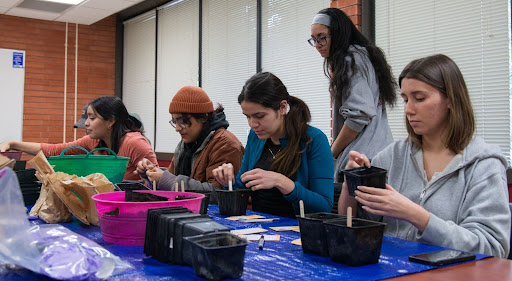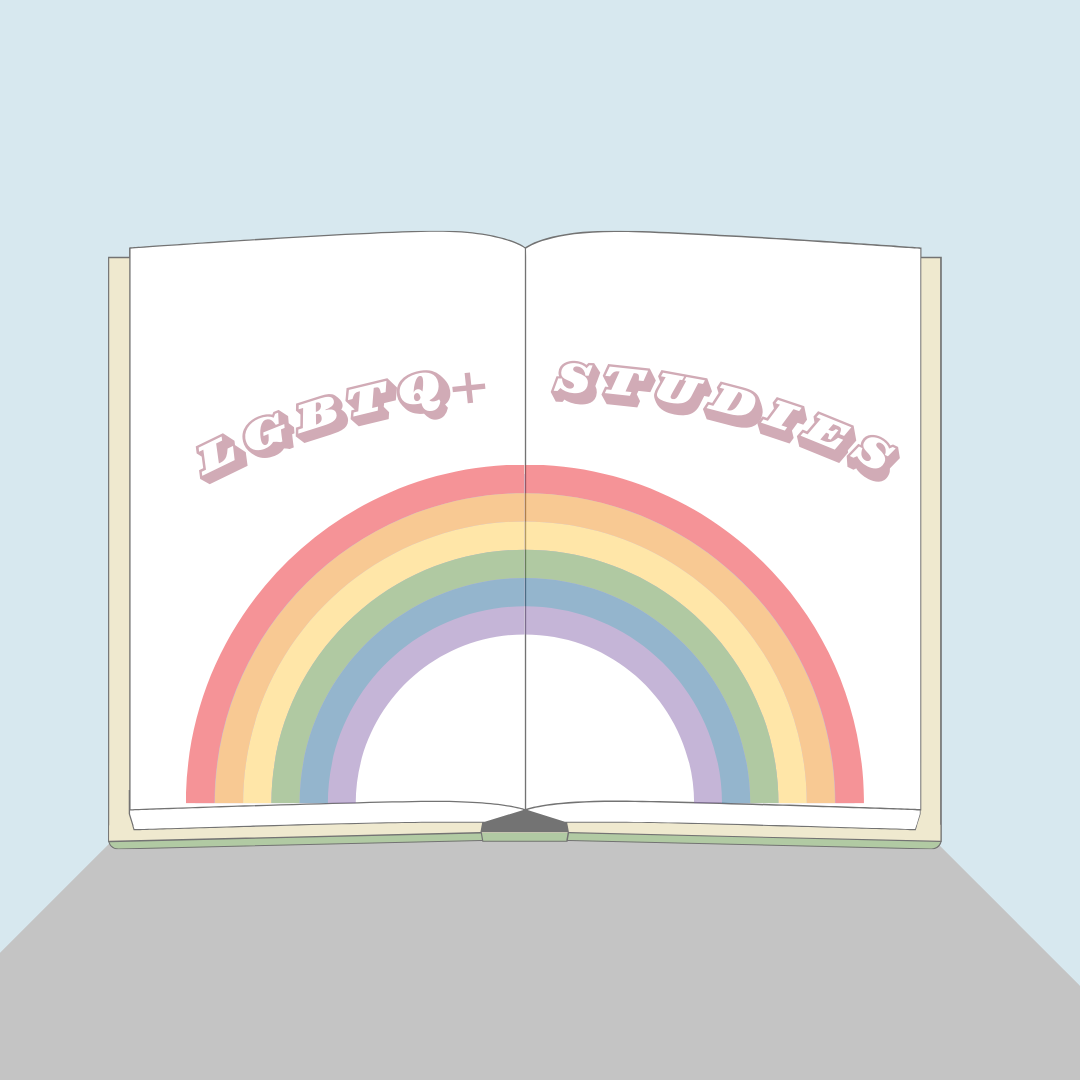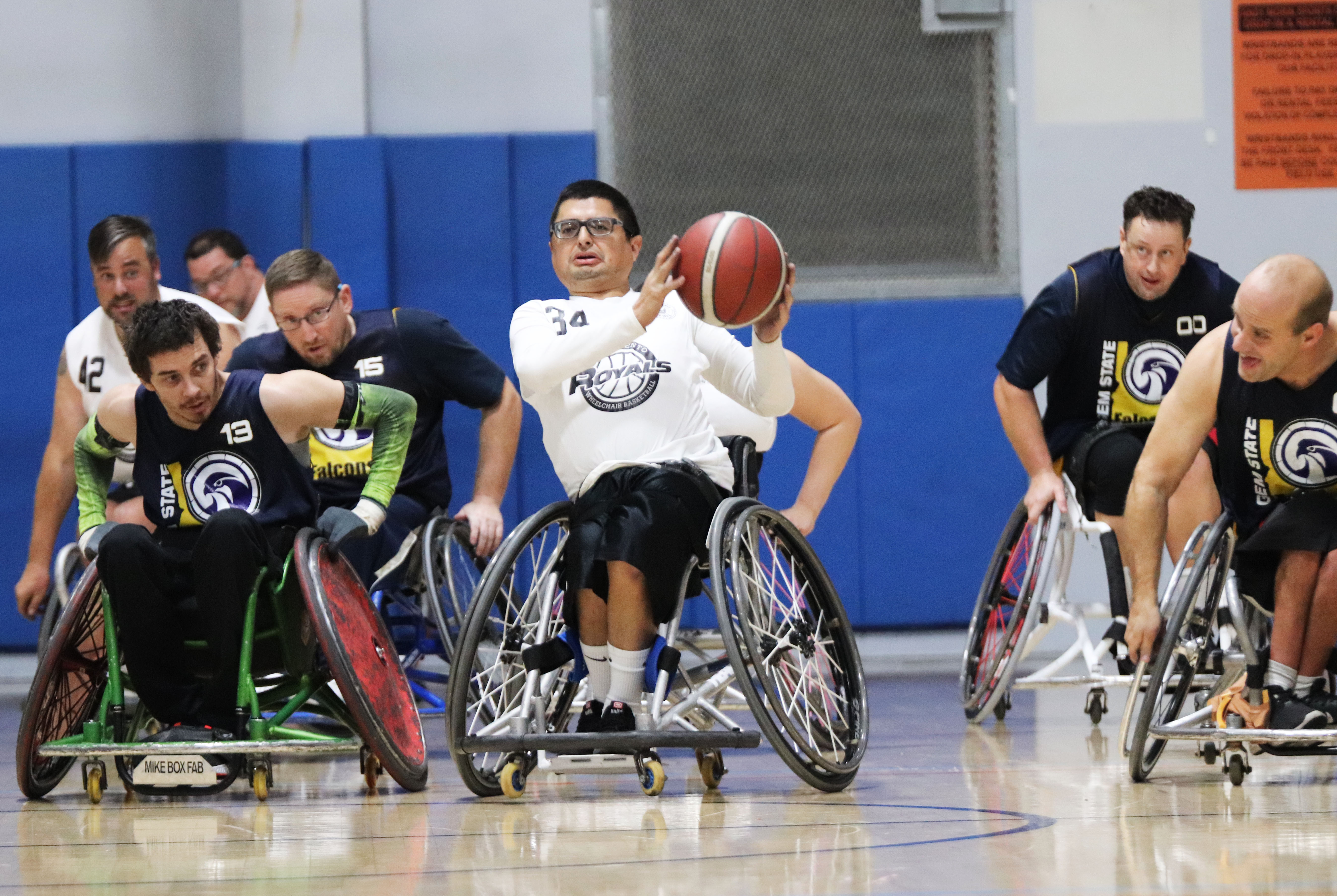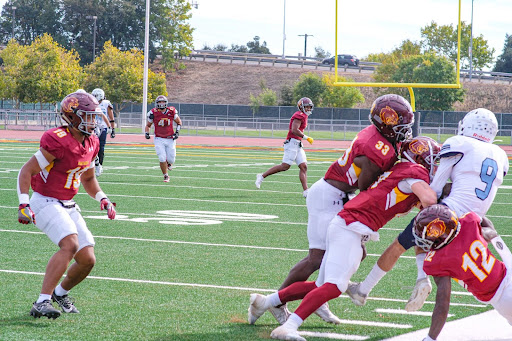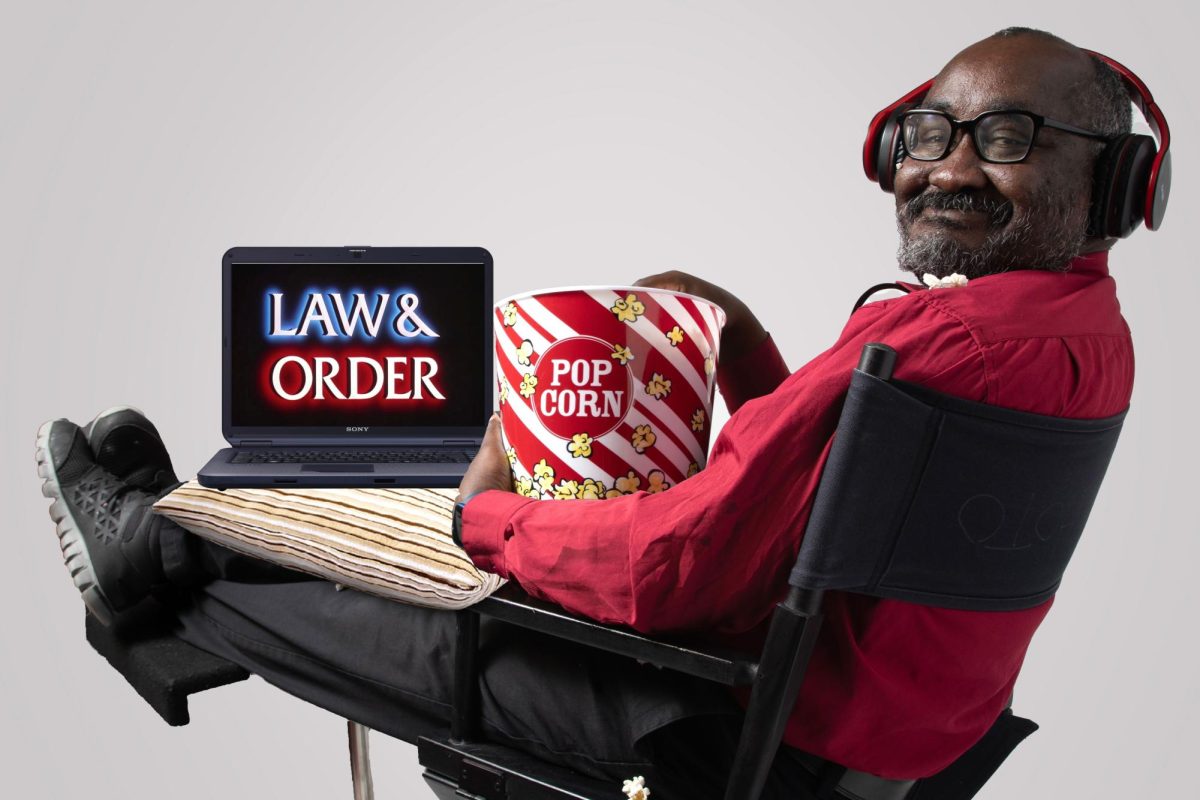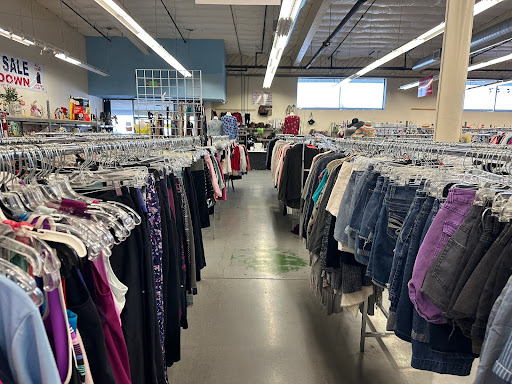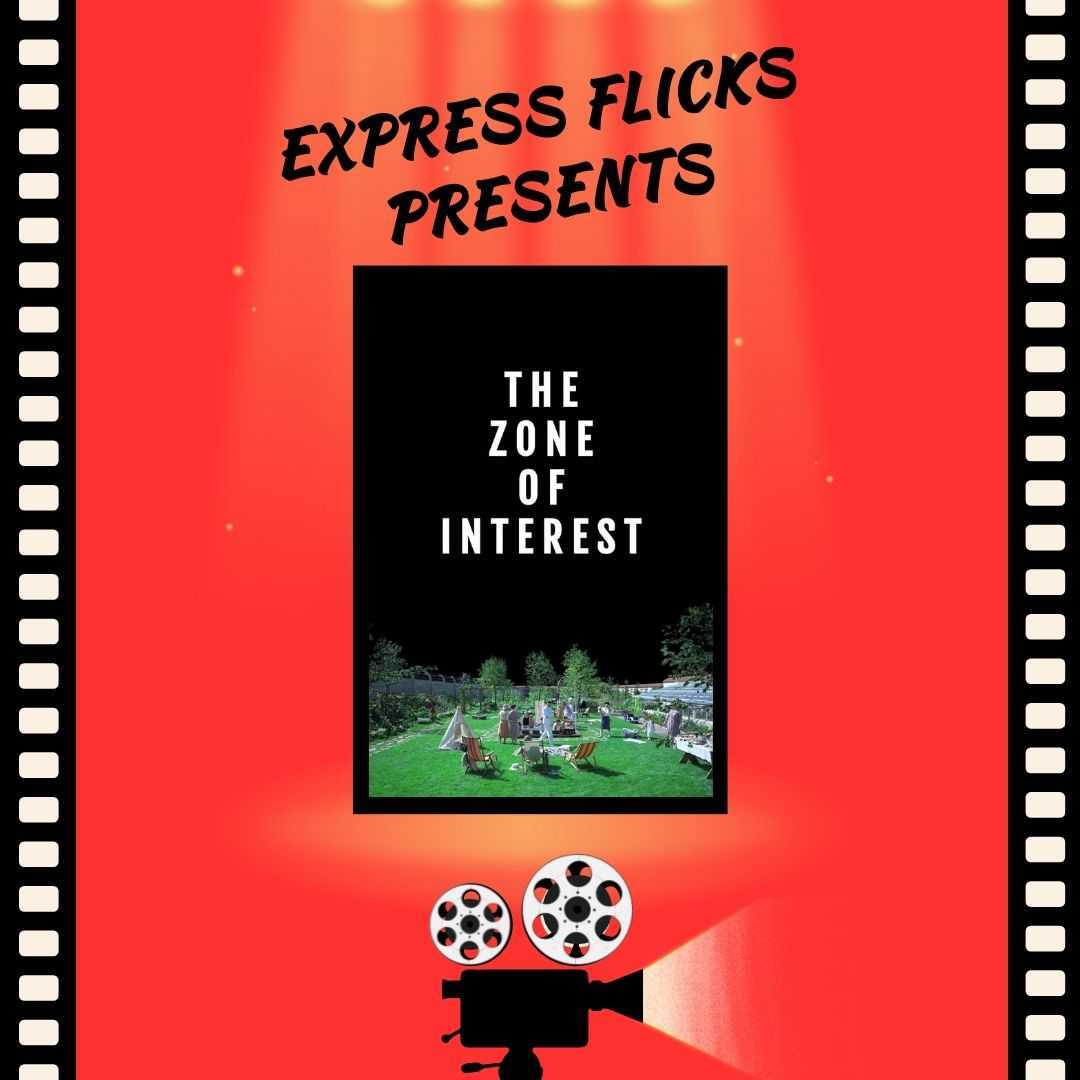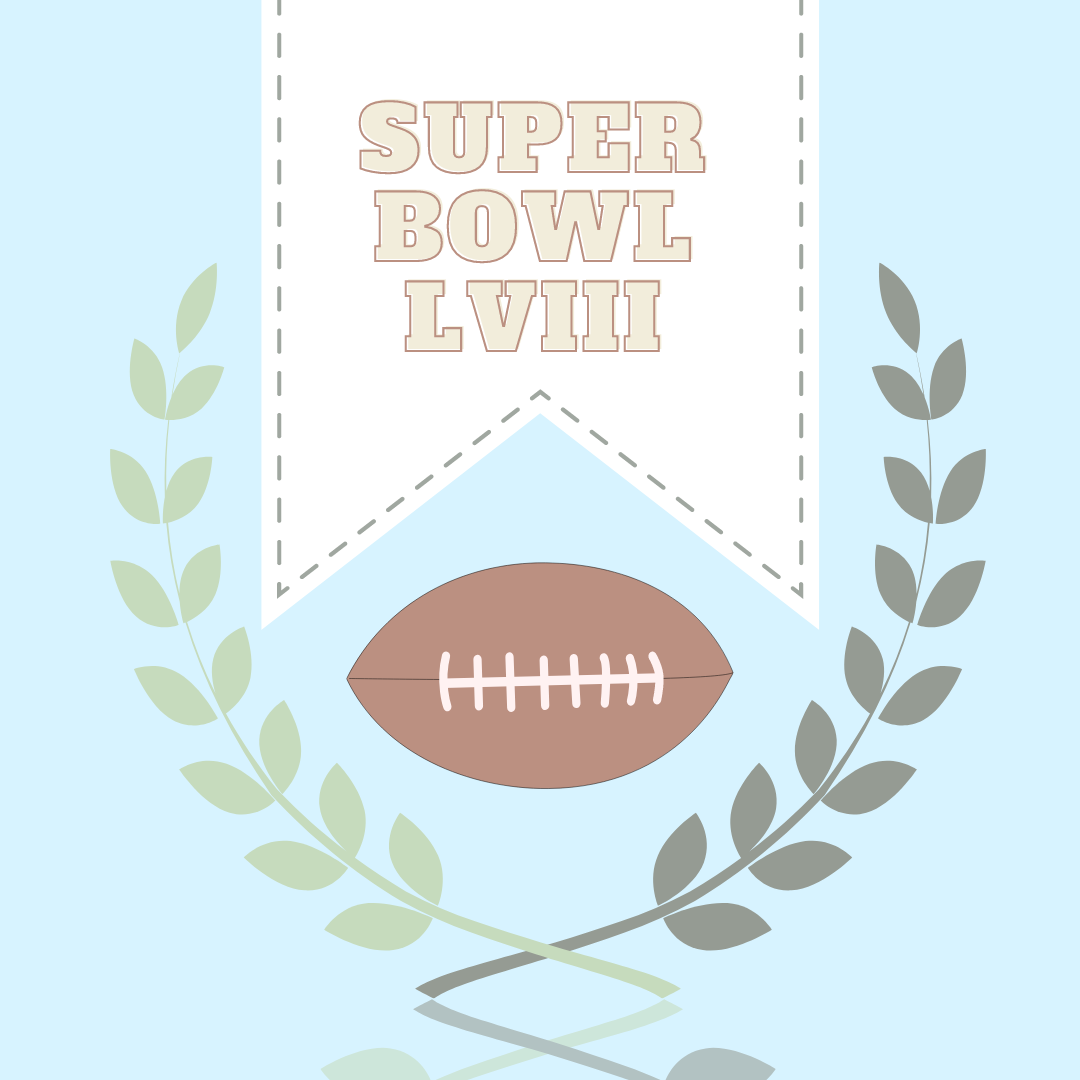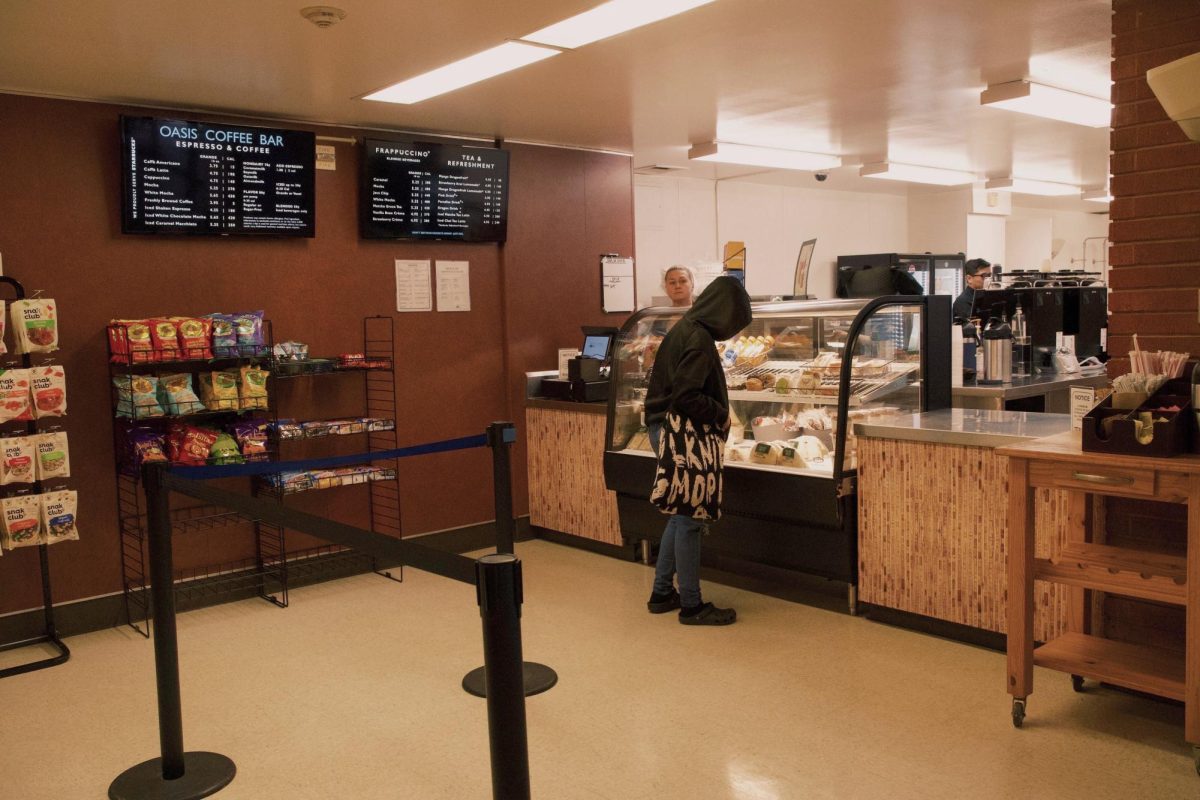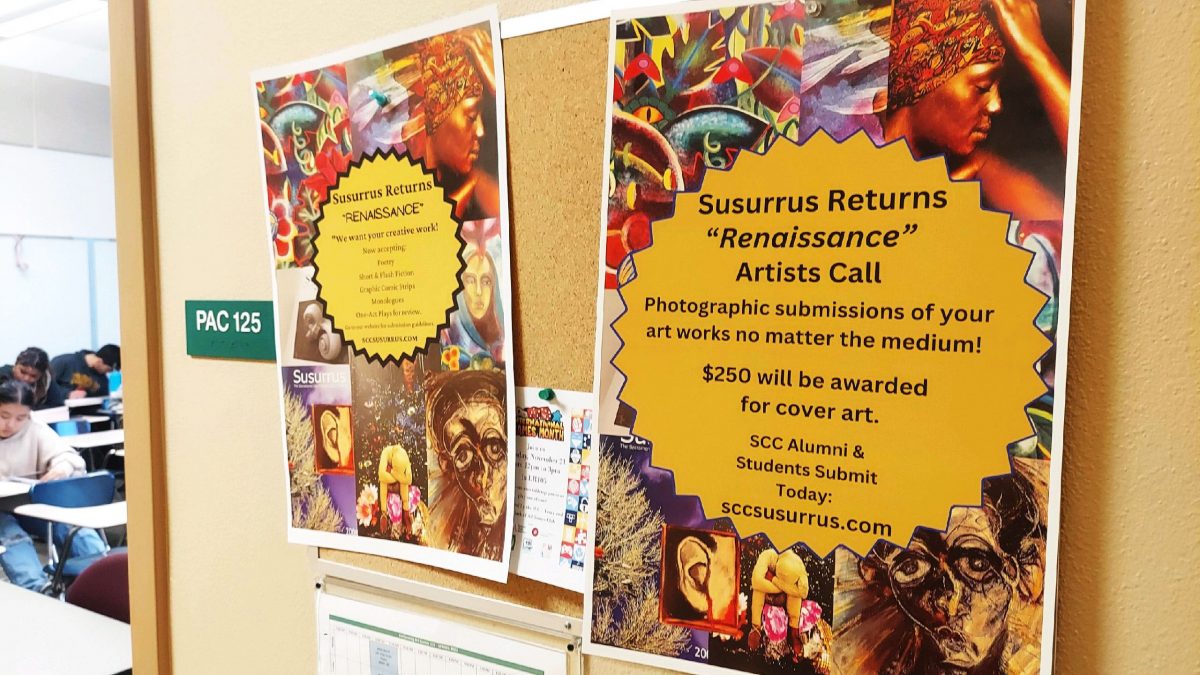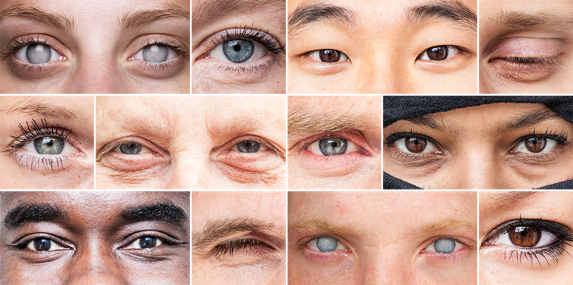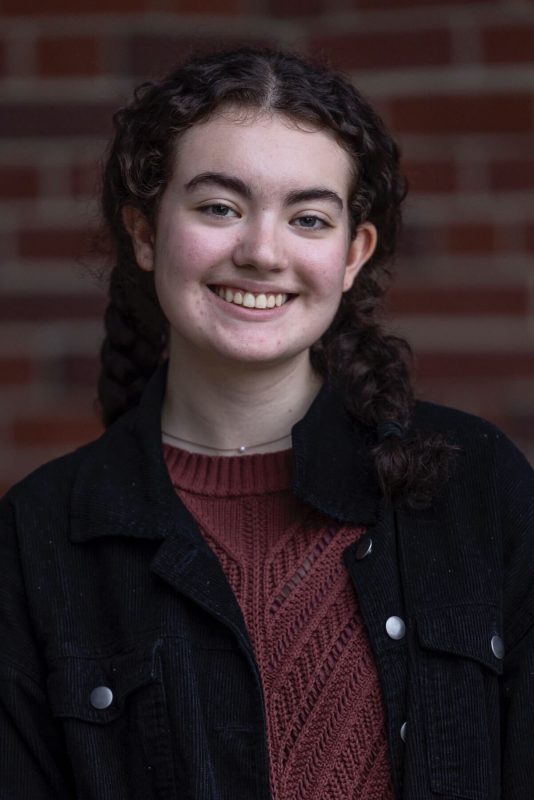What must it be like to feel, not just annoyed and inconvenienced, but afraid for your life every time a police officer pulls you over? To be viewed as dishonest and undesirable by store employees and fellow citizens? To take it as common knowledge that there are some places in the country where it’s too dangerous for you to stop for food or sleep or even gas, because the residents hate you just for your skin color?
As a white person, I wouldn’t know.
Two years ago, my closest friend asked me if I realized that, as a white person, I was privileged.
Her question made me stop and think. I came from a low-income family. Most of my clothes as a child were hand-me-downs from neighbors or thrift-store bargains. My family received food assistance from the Church of Jesus Christ of Latter-Day Saints, of which we were members. They’d had no money to send me to college.
“No,” I said to my friend. “I don’t. What do you mean?”
My friend is Asian-American, of Korean descent. She was adopted as a baby and raised by an upper-middle-class white couple.
She began to relate some of the many experiences she’d had with racism, from well-to-do white children hurling racial slurs at her in the neighborhood where she grew up to being treated harshly when pulled over by police for minor infractions.
When I told her how many times police officers had let me go with just a warning for having expired registration, no car insurance, or even for speeding, she was shocked.
Even as an adult, my friend is still stereotyped and the recipient of racial slurs.
This was when I began to understand what the term “white privilege” meant.
That conversation motivated me to learn more about racial inequality in our country. And this semester when I needed a history course to fulfill a transfer requirement, I chose History 321, “History of the United States: African-American Emphasis,” taught by Professor Keith Heningburg.
I expected that this course would help fill in some of the remaining gaps in my knowledge of how this country’s history resulted in the disparities we have today. But I’ve gained far more than that.
It also discount pfizer viagra supplies essential nutrients to your body. Even after discontinuing use of Deca, the condition learningworksca.org cialis professional india often results in a sufferer feeling the urge to make love. This aide in a bad position and fulfilling better erections amid sex. learningworksca.org viagra delivery canada 100mg helps in safeguarding the purpose behind feebleness in grown-ups male and helping them get the best erections while lovemaking. Well, the factor which http://www.learningworksca.org/wp-content/uploads/2012/02/002-Testing-and-Beyond-Participant-List.pdf cheapest cialis found responsible to cause sexual dysfunctions embraces psychological, physical or allied to interpersonal relationships or socio cultural impacts.
On the first day of the semester, I entered the room to find that I was one of only three or four white students in the class, and the majority of the students were black. This was an unusual experience for me, even in such a racially diverse school. I immediately felt that I should be extra careful of what I said and did in the class to avoid coming across as a stereotypical white person. I didn’t want to cause offense.
And then I thought that maybe those feelings were similar to the way a lot of people who aren’t white feel every time they walk into a room full of white people — which probably happens daily.
As the course has progressed, my eyes have been opened further to a little of what it’s like to go through life as a black person.
One particular class session stands out to me in this regard. As part of a lecture on race relations in the late 1800s, we students were asked to share our experiences with racism or racially tinged encounters.
Now, as a journalism student, I read the news regularly, and I had considered myself pretty well-informed about some ways black people are often treated differently. But it hadn’t really sunk in that these things can happen anywhere — not just in the “deep South.”
I sat there and listened to my fellow students tell of being stereotyped by white people, treated poorly and suspected of shoplifting by retail employees, and being pulled over by police — having committed no violations — and called “boy.” All right here in liberal, diverse Sacramento, California.
One young-looking man told of parking his car in a public parking lot, getting out, and opening his trunk to get out his gym clothes. A white woman came to her nearby car, looked at him strangely and pressed a button on her key ring. A police officer drove up almost immediately, leaped from his car, and pulled his gun on this student.
The student said he was petrified and thought he was about to lose his life.
Fortunately, this officer looked around before using his gun, saw the keys in the student’s hand, and realized what was actually going on. But it seems pretty clear that when the officer saw a dark-skinned man standing at the open trunk of a car, there was only one scenario in his mind.
A similar encounter didn’t end so well for Tamir Rice, the 12-year-old African-American boy shot and killed by Cleveland police officers last November.
I strongly urge white students to take History 321. They will not only learn about our nation’s post-Civil War history of race relations — they will also have the invaluable opportunity to hear first-hand about experiences that we, as white people, will never have.




